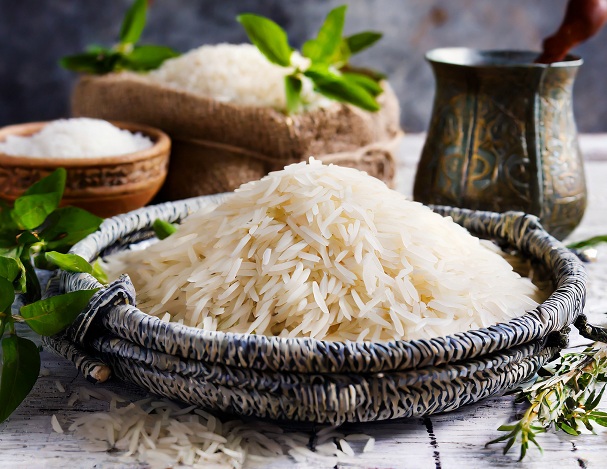Basmati Rice and Gluten: A Detailed Overview
Introduction
Basmati rice is a long-grain rice variety known for its distinct aroma, fluffy texture, and nutty flavor. One common concern for individuals with gluten sensitivity or celiac disease is whether basmati rice is gluten-free. In this article, we will explore the reasons why basmati rice is considered gluten-free and provide insights into its nutritional value.
What is gluten?
Gluten is a mixture of proteins found in wheat and related grains like barley and rye. For individuals with gluten sensitivity or celiac disease, the consumption of gluten can lead to various health issues, including digestive problems and damage to the small intestine.
Basmati Rice and Gluten
Basmati rice is naturally gluten-free. It is a type of rice that originates from the Indian subcontinent and is not botanically related to wheat, barley, or rye. The absence of gluten in basmati rice makes it a safe and suitable option for those who need to follow a gluten-free diet.
Nutritional Content of Basmati Rice
Basmati rice is not only gluten-free but also a nutritious grain. It provides essential nutrients, including:
-
Carbohydrates Basmati rice is a rich source of complex carbohydrates, which serve as a primary energy source for the body.
-
Fiber While not as high in fiber as brown rice, basmati rice still contains some fiber, contributing to digestive health.
-
Protein Basmati rice contains a small amount of protein, an important macronutrient for various bodily functions.
-
Vitamins and Minerals It contains vitamins and minerals such as B vitamins, magnesium, and phosphorus, contributing to overall health.
Choosing Gluten-Free Basmati Rice
While basmati rice itself is gluten-free, it’s essential to be cautious about cross-contamination. Cross-contamination can occur during processing, packaging, or preparation. Here are some tips for choosing gluten-free basmati rice.
-
Read Labels. Check packaging labels for any indications of gluten or potential cross-contamination.
-
Choose whole grains. Whole grains, including brown basmati rice, provide additional nutritional benefits and are gluten-free.
-
Be wary of processed products. Some pre-packaged rice products, such as flavored rice mixes, may contain gluten-containing ingredients. Always check the ingredient list.
Conclusion
Basmati rice is a gluten-free grain that can be safely consumed by individuals with gluten sensitivity or celiac disease. It not only offers a delicious and aromatic alternative to other rice varieties but also provides essential nutrients for a balanced diet. As with any dietary restrictions, it’s crucial to read labels, choose whole grains, and be aware of potential sources of cross-contamination to ensure a gluten-free lifestyle.


